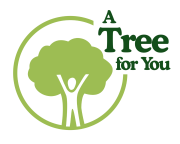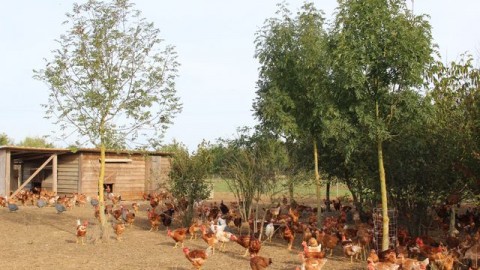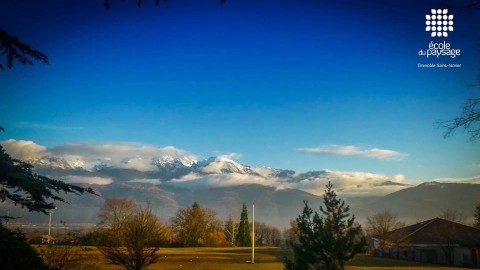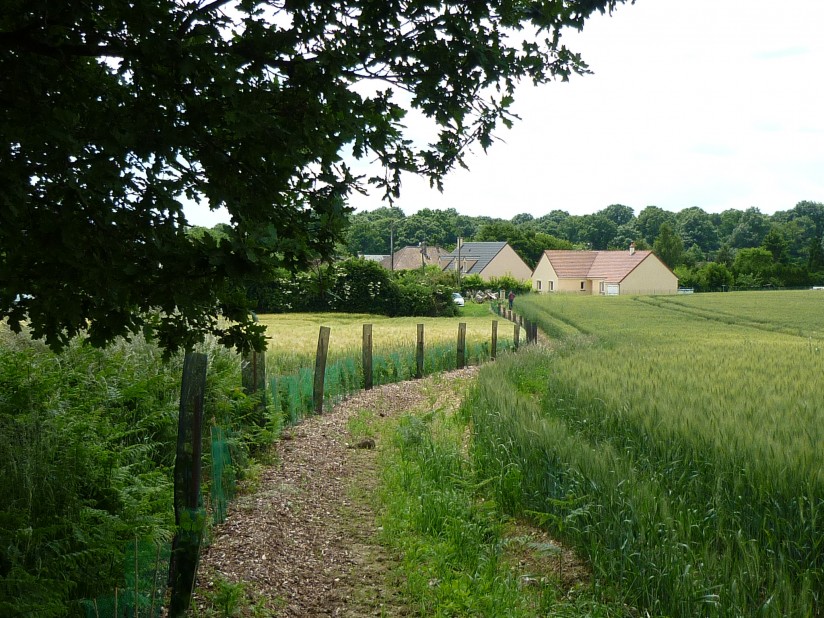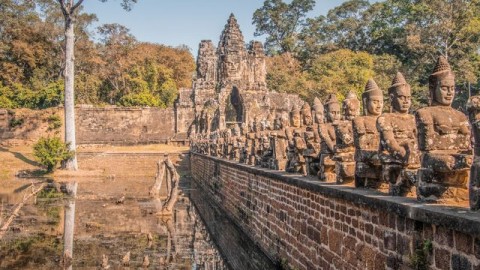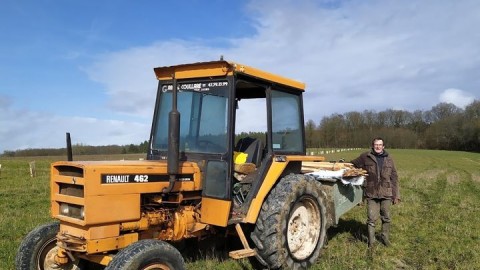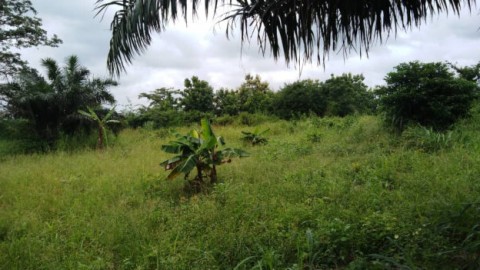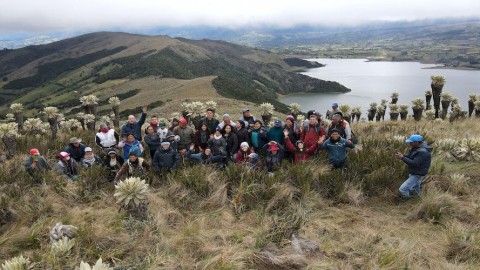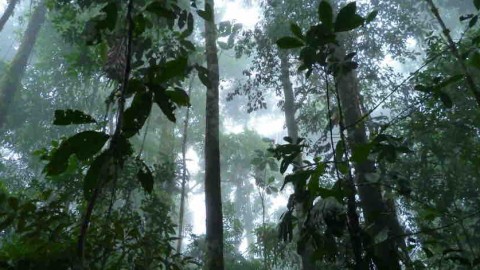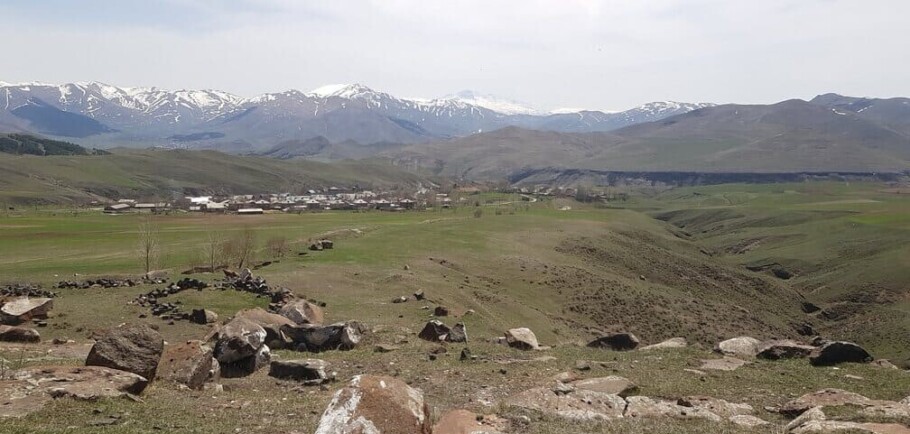
Background & challenges
Located near the town of Spitak in the Lori region of Armenia, 25km north-west of the regional centre of Vanadzor, Shenavan covers an area of 14.76 square kilometresand has a population of 513. Situated at an altitude of 1,715m along the Shenavan river, the environment was severely damaged by the Spitak earthquake in 1988, when 31 people lost their lives and 80% of the village houses were destroyed.
Lying in the southern part of the Bazum mountain range, the terrain is a diverse mix of mountains, valleys, pasture, and arable land.
The project aims to introduce agroforestry systems and reforestation initiatives on these community lands severely affected by deforestation. Overall it comprises various components, including planting seven hectares dedicated to agroforestry and reforestation.
As part of the project, a total of 26,175 plants – 16,175 trees and 10,000 shrubs – will be planted on the seven-hectare site at Shenavan. They will include wild fruit trees, shrub, berry, and various mixed forest species.
Another key element involves developing water collection and conservation structures to provide adequate irrigation. Finally, fencing will be installed around the plantation area to protect it from grazing.
A feature of local partner Shen NGO’s approach is active community participation throughout the planning and implementation phases of the project. By involving local communities in the decision-making processes, Shen ensures the initiative corresponds to the specific needs and objectives of the beneficiaries.
Introducing agroforestry is a new approach to forest landscape restoration. This innovative method not only contributes to reviving the forest area but alsom means local communities can produce and so generate new income.
The aim is to plant 26,175 trees, 22,000 of which will remain in place for many years, to:
- tackle erosion, improve soil fertility, and stabilise badly damaged soils;
- create a microclimate and act as a windbreak or natural barrier along the fringes of cultivated land;
- rehabilitate community land by reforesting it, thereby creating a timber resource for the local communities, as well as additional products through fruit picking, thus generating additional income for the community;
- set up a proper irrigation system to meet the watering needs of food crops and plantations.
Project type

Forestry and agroforestery
Beneficiaries

The main project beneficiaries are the 513 residents of Shenavan. Furthermore, the inhabitants of the Lori region, i.e. 212,600 people, including 125,400 living in urban and 87,200 in rural areas, will benefit indirectly.
Number of trees
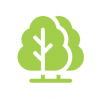
22,200 trees are expected to remain perennial for several years, following completion of the 26,175-tree planting programme
Species planted

More then 20 different species
Partner

SHEN NGO
An initial five-hectare zone will consist mainly of forest trees, wild fruit trees, and a specific area surrounded by a forest fringe made up of hedges and berry bushes. Tree species include wild plum (Prunus spinosa L.) and wild apple (Malus orientalis), as well as forest species such as Quercus macranthera, Acer trautvetteri, Fraxinus excelsior, Sorbus aucuparia, Sorbus torminalis, Betula litwinowii, Malus orientalis, Prunus spec.
The area will also be home to large shrubs (Caragana arborescens, Corylus avellana, Prunus spinosa, Sambucus nigra, Rosa spec., Berberis vulgaris) surrounded by forest fringe species with berry bushes like blackcurrant (Ribes Nigrum) and rosehip (R. mollis). A Rubus fruticosus hedge will line the lower part towards the bottom of the gorge.
The second area of two-hectare will include a hazelnut (Corylus avellana) plantation, plus poplars will be planted along the fringes of the hazelnut plantation.
Alfalfa and beans will be grown at the foot of the hazelnut trees over the first few years to restore soil quality.
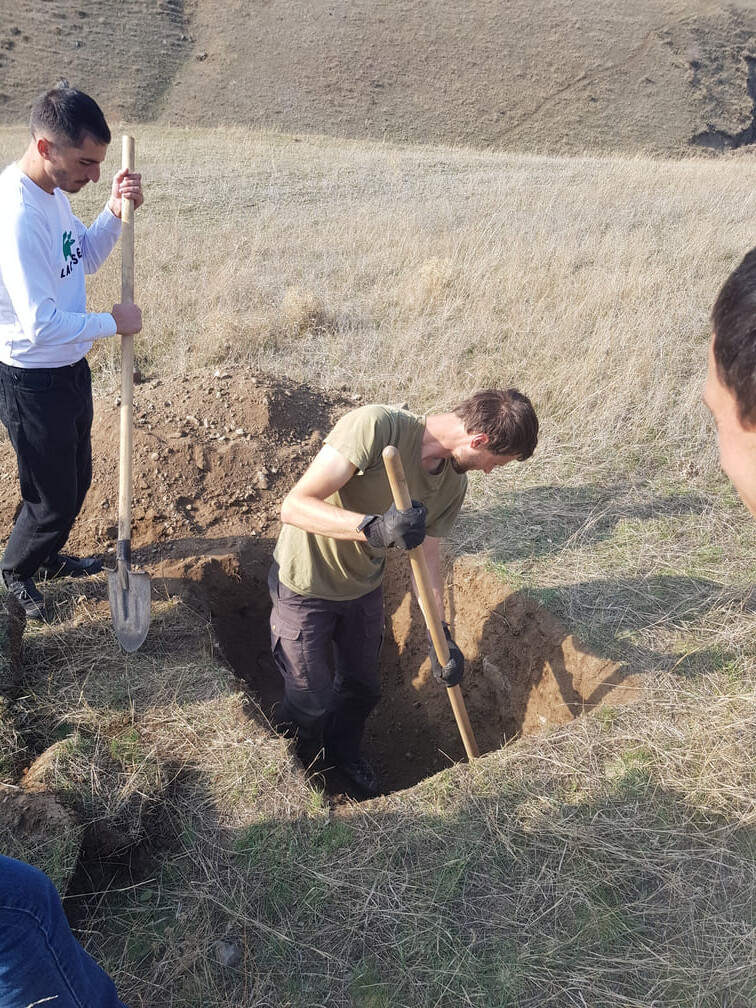
Works timeline
Field visits, surveillance and supervision, monitoring, training and logistics support will be carried out over the years.
- January to April 2024: discussions with local communities, selecting planting areas
- March 2024 to June 2024: installing fencing and preparing the land
- June 2024 to July 2024: planting on two-hectares
- September 2024 to November 2024: planting the forest section and bushes
- December 2024 to March 2025: setting-up the irrigation system
- March to June 2025 plusSeptember 2025 to November 2025: planting cover crops and missing trees
- 2026 to 2028: tree maintenance and monitoring, beneficiary training
Planting partner
Shen NGO was founded in 1988 by a group of professors and students from the Yerevan Polytechnic Institute to solve some of Armenia’s urgent humanitarian problems. Since then, Shen, as an NGO, has been involved in development work in over 350 rural communities in Armenia through almost all phases of rural development, such as:
- humanitarian aid;
- an integrated approach to rural development;
- rehabilitation of infrastructure in rural communities;
- community development based on local resources;
- value chain development using the Markets for the Poor (M4P) approach;
- developing farming cooperatives.
The cornerstone of all Shen NGO’s development projects is long-term sustainability. This has been its guiding vision since 1988 for all its activities in 350 rural communities in Armenia. Over the past decade, Shen NGO has applied the facilitative management approach to its economic development (M4P) projects, since its considers the role of market laws in generating income rural populations vital.
This work been achieved thanks to significant support from CHENE-France, Shen’s sister NGO in France, the Yalkezian Foundation, and several other associations in the Armenian diaspora, as well as several renowned international agencies: the World Council of Churches, Christian Aid (U.K.), IFAD, Bread for the World (Germany), ICCO (the Netherlands), Oxfam Novib (the Netherlands), HEKS-EPER (Switzerland), KASA Foundation (Switzerland), UNDP, UNFPA, USDA, FAO, DFID, USAID, SDC (Switzerland), and the Orange Foundation (France)..
Almost all projects include capacity-building components to transfer basic knowledge to beneficiaries and so ensure long-term sustainability.The Shen NGO also has positive experience of working with major companies as part of its corporate social responsibility policy.
Budget
The total budget to be raised is €122,100, i.e. €5.50 per long-lasting tree planted:
- 93% of which is allocated to the planting project, broken down as follows:
- Installing fencing and protection: €0.57
- Soil preparation: €0.59
- Irrigation system: €0.38
- Nurseries and saplings: €1.60
- Planting and follow-up: €0.12
- Tools and equipment: €0.05
- Training and awareness raising among the community: €0.06
- Coordination, project management, and Shen NGO communication costs: €1.08
- Collection, monitoring, and A Tree for You’s communication costs (12.18%): €0.67
- and 7% (€0.38) to cover A Tree for You’s overheads.
